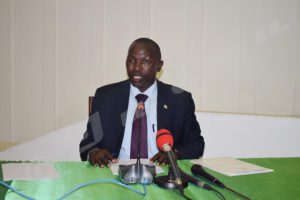
Pascal Barandagiye, Minister of Home Affairs presenting the draft law amending the general framework of cooperation between the Government of Burundi and foreign non-governmental organisations before MPs
On 23 December, the National Assembly adopted a draft law amending the general framework of cooperation between the Government of Burundi and foreign non-governmental organisations (NGOs). Article 18 (4) of the draft law stipulates that the recruitment of local staff must be carried out in accordance with the ethnic balances stipulated in the Constitution of Burundi. The bill passed, it requires approval by the senate before it can come into force.
Fabien Banciryanino, a member of parliament elected in the constituency of Bubanza in south-eastern Burundi rejected the bill. “The application of the ethnic quota does not apply to foreign organisations,” said Banciryanino.
MP Danielle Jelase Ndabirabe accuses foreign NGOs of recruiting people from one ethnic group. “Ethnic balance in recruitment is very important because the money used in the operation of these NGOs is financed by the same donors who finance the Government of Burundi. That means Burundian people pay for it indirectly. So, they must respect the ethnic balance as provided for in the constitution of Burundi. We have noted that these NGOs exclude one of the ethnic groups,” says Ndabirabe. He means that the Hutu are less represented in the NGOs whereas the Burundian constitution stipulates that the Hutu represent 60% and the tusti 40% in the institutions.
“Foreign NGOs are independents”
Leonce Ngendakumana, an opposition politician and one of the negotiators of the Arusha peace agreement, says that foreign NGOs are not affected by ethnic quotas in the recruitment of staff as they are independent.
He says that the ethnic balance provided for in the Arusha Agreement was designed to overcome a recurring problem of exclusion. “But above all to find a solution to the Burundian conflict that the negotiators of Arusha defined as a political conflict with a strong ethnic dimension,” he says. Ngendakumana says that the Arusha agreement did not target the technical posts. “NGOs are not concerned by these quotas because it is the skills and experiences that must prevail. Only state institutions, security forces, administration and justice are concerned with the ethnic quotas provided for in the Arusha Peace Agreement and the Burundian constitution resulting from it,” said Ngendakumana. 105 parliamentarians voted for the draft law and a single parliamentarian rejected it. The draft law was proposed by the Ministry of Foreign Affairs but it was presented by the Ministry of Home Affairs, Pascal Barandagiye.

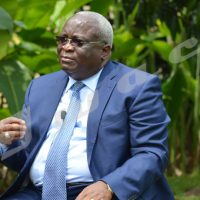
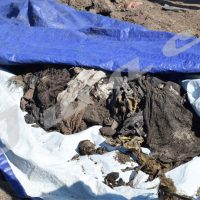
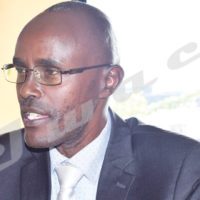
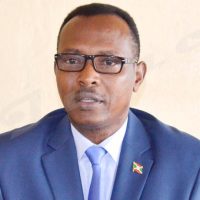
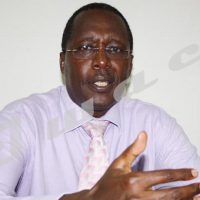













 IWACU Open Data
IWACU Open Data

